Trends, Evolution, and Future
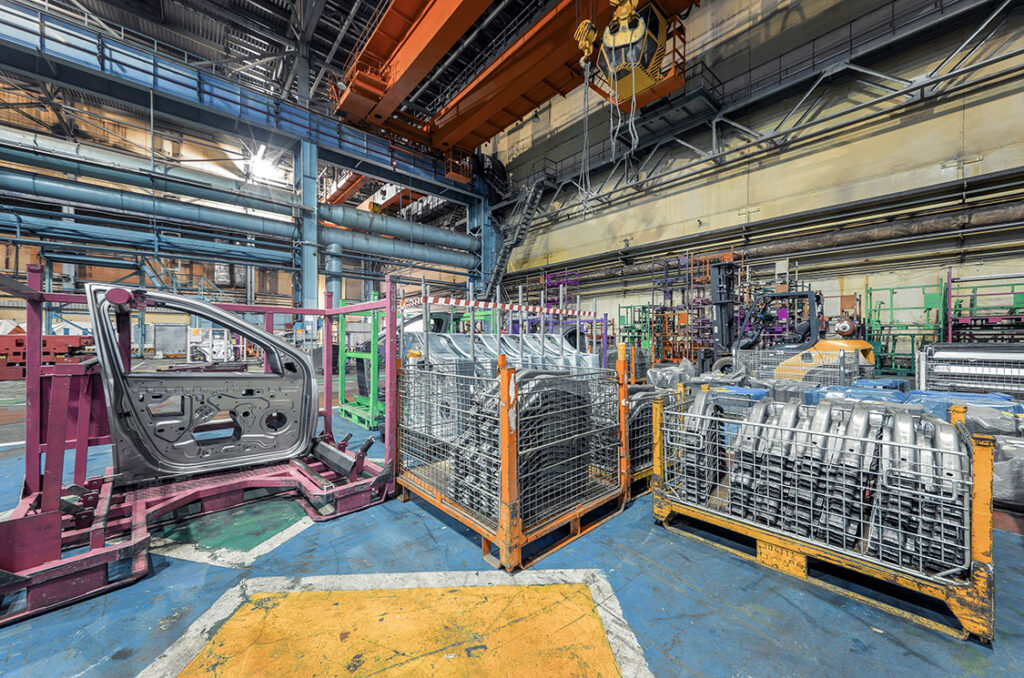
The automotive industry, a vital component of the world’s economy, is undergoing a paradigm shift. From its inception with Ford’s first assembly line to today’s technologically advanced motor vehicles, the industry has shown remarkable progress. The development and manufacture of automobiles have not only fueled economic growth but also dramatically reshaped modern society and urban landscapes.
The industry’s influence spans continents, with North America, especially the United States, being a significant hub of auto industry innovation and production. A myriad of players, including manufacturers, suppliers, and dealers, form a complex network driving the motor vehicle industry forward.
However, the automotive industry is not just about making and selling cars. It has broader implications for the global economy, creating jobs, investing in research and development, and contributing to public budgets with tax revenues. Thus, the industry’s health often serves as a clear indicator of a country’s economic status.
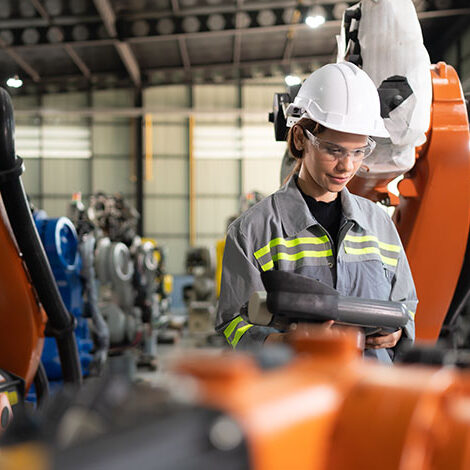
As we tread into the digital era, the automotive industry is not falling behind. Technology has radically altered the industry’s landscape, paving the way for innovative and customer-centric business models. Digital tools and processes have augmented efficiencies, significantly reducing time and cost while improving product quality.
The traditional way of manufacturing vehicles is giving way to more streamlined, technology-driven processes. The production line, which once relied on human hands, now boasts automated systems that offer precision and consistency. The advent of Industry 4.0, with its smart factories and Internet of Things, is further pushing the auto industry towards operational excellence.
Moreover, the sales process has also seen a drastic change. The advent of e-commerce platforms and digital showrooms offers customers a seamless, personalized buying experience. As technology continues to penetrate the industry, these novel business models are expected to evolve, offering enhanced services to customers.
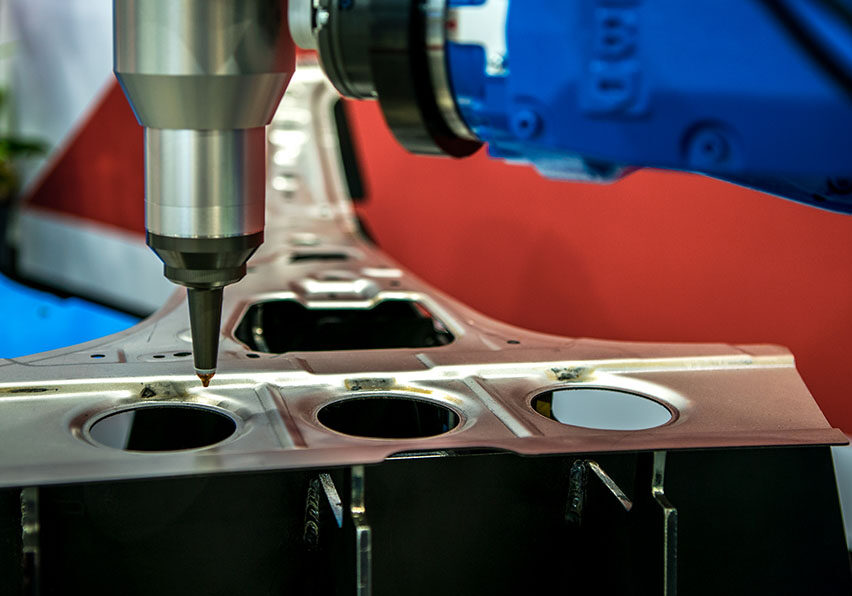
In the dynamic world of automobiles, trends shift rapidly, influenced by technological advancements, customer preferences, and regulatory policies. One trend making waves in the automotive sector is the surge in electric vehicles (EVs). With an increased awareness of environmental sustainability, EVs have made a promising stride into the market, challenging the dominance of vehicles powered by internal combustion engines.
Another key trend is the rise of autonomous vehicles. Envisioned as the future of transportation, self-driving cars are set to transform the way we commute. The combination of artificial intelligence (AI), machine learning, and advanced sensors is making autonomous driving a near-future reality.
Connected cars also represent a significant trend in the current automotive industry. By integrating internet and wireless LAN capabilities, these vehicles offer enhanced safety features, infotainment, and telematics services. The increasing emphasis on software capabilities and connectivity in cars is transforming them from mere transportation means into sophisticated, mobile tech platforms.
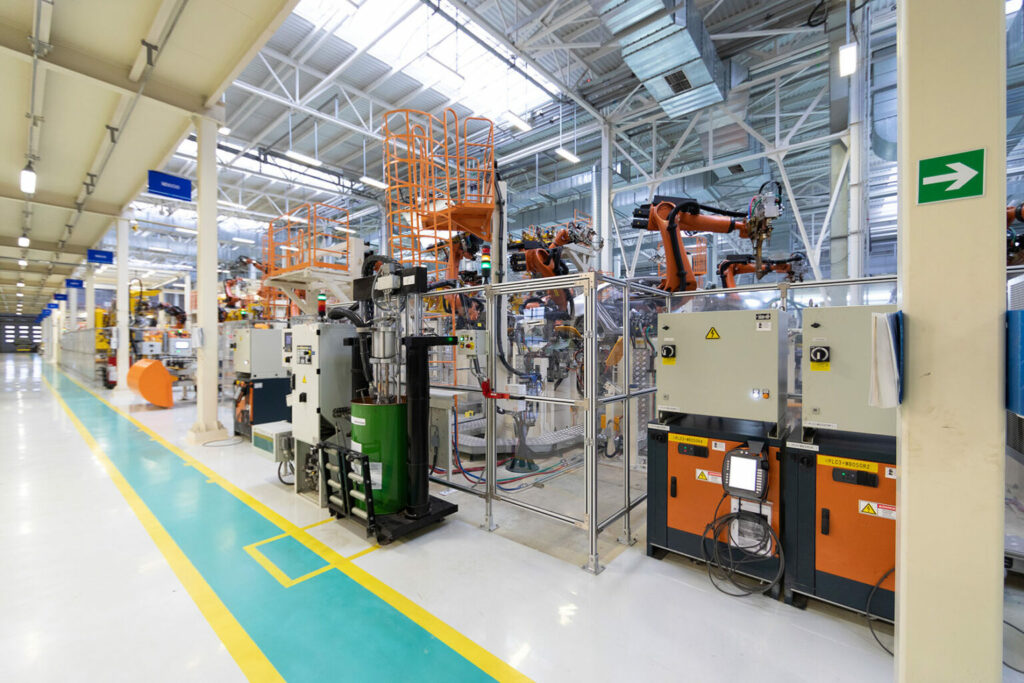
The rise of electric vehicles in the car market is nothing short of revolutionary. As the world grapples with environmental concerns and seeks sustainable alternatives, EVs present a viable solution. These vehicles, with their zero-emission promise, have seen a steady increase in market share, signifying a paradigm shift in consumer preference.
However, the journey is not without challenges. One of the significant hurdles for EVs is the development of a robust charging infrastructure. The widespread adoption of EVs necessitates easily accessible charging points, a feature currently lacking in many regions. However, several public and private initiatives are working towards building a comprehensive charging network.
Looking ahead, it is clear that electric vehicles are poised to make an indelible mark on the automotive industry. Rapid advancements in battery technology are making it possible for electric vehicles to travel longer distances on a single charge while decreasing production costs are making them increasingly accessible to the average consumer.
Furthermore, favorable government policies aimed at reducing carbon emissions and promoting clean energy are expected to further accelerate the adoption of EVs. As a result, we are on the cusp of a new era in the auto industry, one in which electric and hybrid vehicles will play an increasingly prominent role.
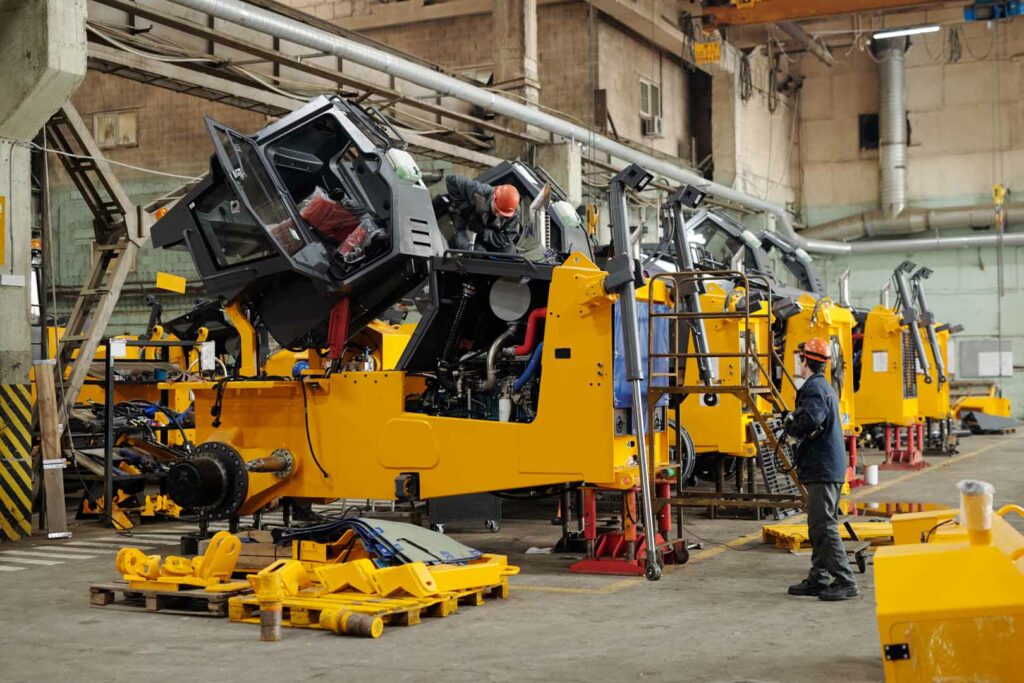
Autonomous vehicles, once the stuff of science fiction, are now close to becoming a reality. This innovative technology promises to revolutionize the automotive sector by offering a new level of safety and efficiency. Autonomous vehicles, equipped with advanced sensors and AI technology, are poised to change the dynamics of vehicle sales and commercial vehicles.
The potential benefits of autonomous vehicles are immense. They promise to increase road safety by reducing human error, which accounts for a majority of accidents. Additionally, they offer mobility to individuals who are unable to drive, such as the elderly or disabled.
However, the path to fully autonomous vehicles involves overcoming significant challenges, including regulatory hurdles, technological limitations, and public acceptance. Despite these challenges, many companies are making strides in autonomous technology, bringing us closer to a future where cars drive themselves.
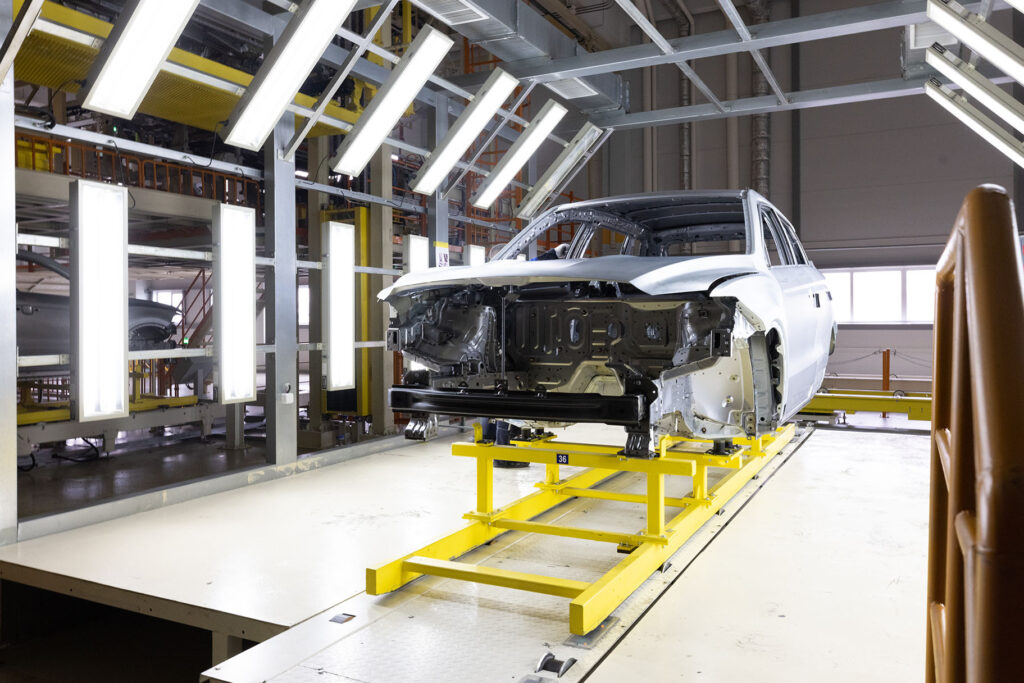
As we look toward the future, the automotive industry is expected to witness significant transformation. Digitalization, automation, and sustainability will continue to shape the sector. As technology progresses, new trends will emerge, pushing the boundaries of what’s possible in the world of automobiles.
One potential game-changer for the industry is the rise of shared mobility. The shift from car ownership to shared mobility services presents a new way of personal transportation, challenging the traditional car market model. This shift could reshape the industry, changing how vehicles are designed, manufactured, and sold.
In addition, the future will likely see a more significant integration of AI and machine learning in vehicles, resulting in smarter and more connected vehicles. This will go hand in hand with developments in autonomous driving technology, leading to safer, more efficient roads.
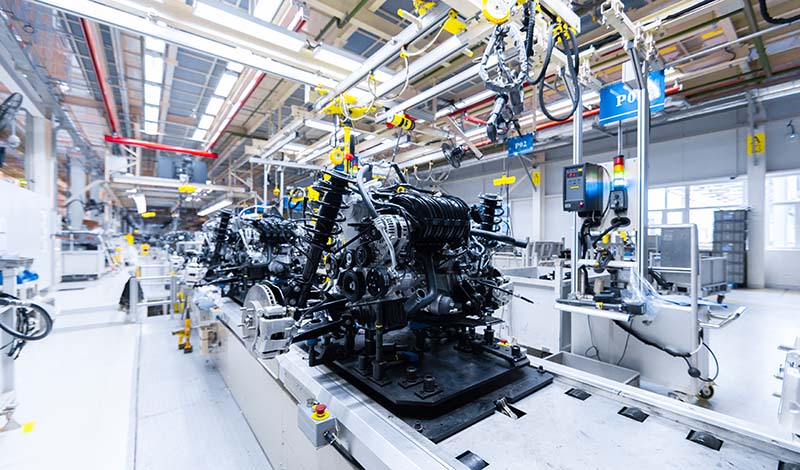
To gain a complete understanding of the scale, scope, and trends in the automotive industry, it’s essential to support our discussion with accurate, hard numbers, and reliable data. These statistics provide a more comprehensive snapshot of the current state of the automotive industry, indicating the direction in which it’s heading.
By examining the latest industry information, we can identify patterns, evaluate current conditions, and project future trends. From production rates and vehicle sales to technological innovations and sustainable manufacturing processes, there’s much to consider regarding this critical sector. So let’s dive into the statistics and take a closer look at the current state of the automotive industry.
By harnessing the power of these specific statistics and figures, we can gain critical insights into the current status of the ever-evolving and exciting automotive industry, and its potential trajectory for the future.
Armed with this information, we can enhance our grasp of emerging trends, understand underlying patterns, and make informed decisions that set us apart from the competition. With a firm understanding of where the industry is headed, we can position ourselves and our organizations to thrive in the years to come.
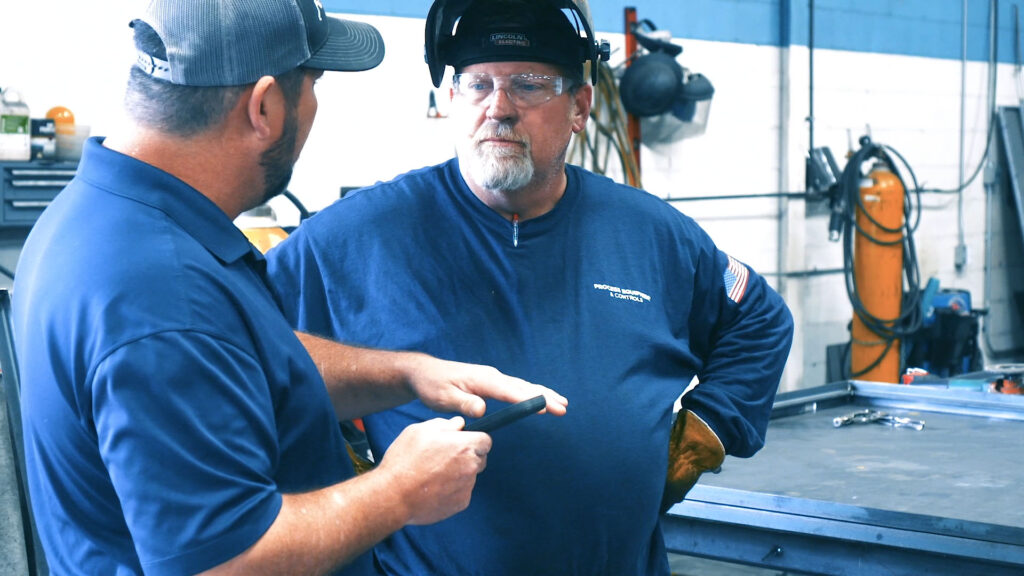
As a pivotal player in the automotive industry, PEC is renowned for its significant contributions to this ever-evolving sector. With a strong emphasis on innovation and sustainability, PEC has emerged as a top leader in driving technological advancements and reshaping the industry’s future.
At PEC, we firmly believe that technology is the key to creating safer, eco-friendly, and more efficient vehicles. Our vision for the future of the automotive industry rests on this foundation.
We have the right solutions to meet your needs and exceed the expectations of modern automotive manufacturers, all backed by our unmatched expertise and commitment to quality. From production line maintenance to automation and robotics solutions, and everything in between – we have the right skills and experience to get the job done quickly and efficiently.
Our team of experienced professionals will work with you every step of the way to ensure your business is running at peak efficiency, allowing for increased production, lower costs, and maximum profits. We are proud to be a trusted partner in helping automotive manufacturers meet their goals. Contact us today to learn more about our solutions.
Diverse Industries, One Trusted Partner
Safety means more than compliance; it’s our covenant with you.







Whether you’re coordinating your next project or proactively planning your plant maintenance, there’s no better time than right now to contact us.